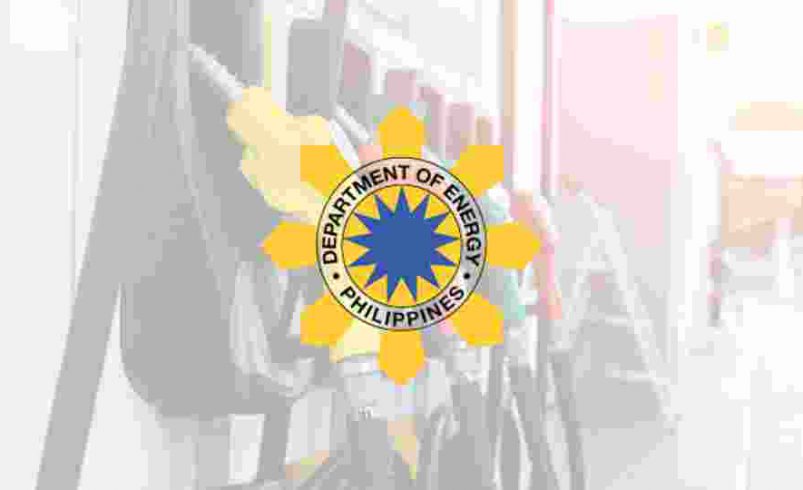Gasoline cut nationwide, diesel frozen in SOC zones
- July 29, 2025
- 0

Amid widespread flooding and infrastructure damage caused by recent typhoons Crising, Dante, and Emong, the Department of Energy (DOE) announced the implementation of a price freeze on diesel, kerosene, and LPG in localities declared under a State of Calamity (SOC), with gasoline prices rolled back nationwide.
In a statement issued July 29, the DOE welcomed the voluntary compliance of 12 oil companies, including Jetti, Shell, Phoenix, Total, Seaoil, Filpride, PTT, Petrogazz, Petron, Caltex, Unioil, and Cleanfuel, in observing the price freeze in solidarity with affected communities.
As of 11PM, 28 July 2025, the DOE said, these companies “have responded to the Department’s appeal, standing in solidarity with the Filipino people who continue to face the adverse effects of heavy flooding, disrupted transport systems, and damaged infrastructure across various regions”.
The price freeze applies to diesel and kerosene in SOC areas for a duration of 15 days starting from the issuance date of local calamity declarations. A uniform PHP 0.10 rollback in gasoline prices is being implemented nationwide from July 29 to August 4, even in areas not covered by SOC.
In an advisory, the DOE released a comprehensive matrix identifying hundreds of affected cities and municipalities across regions, including Pangasinan, Pampanga, Batangas, Tarlac, Bulacan, Iloilo, Oriental Mindoro, Cavite, and Metro Manila, where the SOC-triggered price freeze is in effect.
The move is expected to ease logistical burdens for local governments, emergency responders, and essential service providers in hard-hit areas. Energy Secretary Sharon S. Garin commended industry cooperation, saying: “We commend these oil companies for showing compassion and a strong sense of social responsibility. In times of national difficulty, it is crucial that the public and private sectors work hand in hand to protect the welfare of our citizens.”
Outside SOC areas, price increases of PHP 0.60 per liter for diesel and PHP 0.40 for kerosene are taking effect this week, driven by bullish global market sentiment following recent US-EU and US-China trade developments.
The DOE continues to monitor oil supply and distribution activities and is urging other industry players to adopt similar measures “in the spirit of bayanihan and public service.”
What’s your take on the DOE’s approach to disaster-time fuel regulation? Is this the right model for future crises? Let us know
Follow Power Philippines on Facebook and LinkedIn or join our Viber community for more updates.